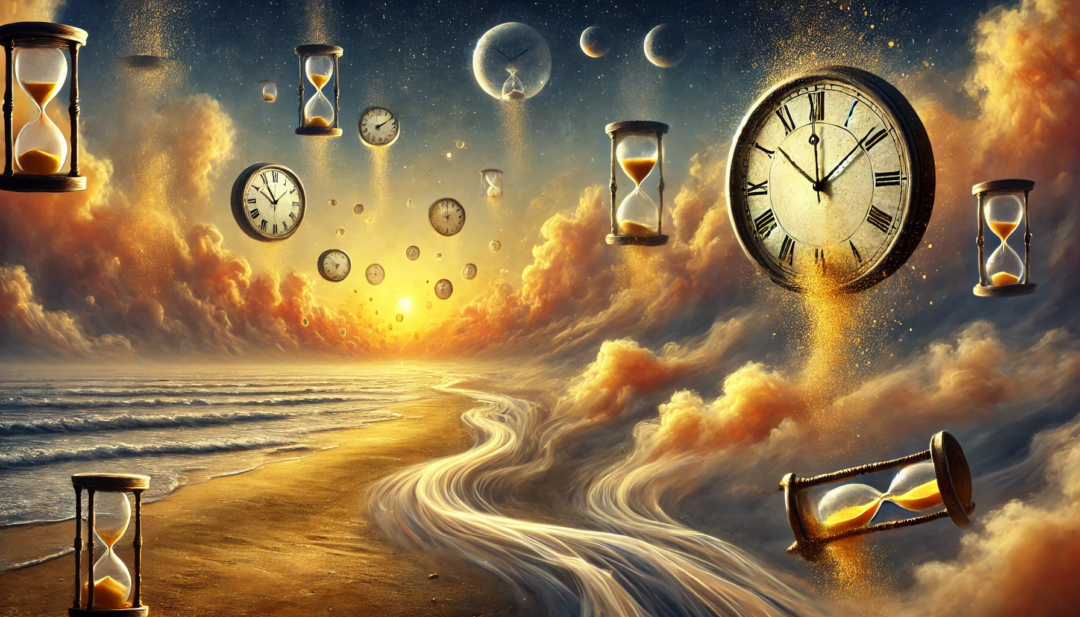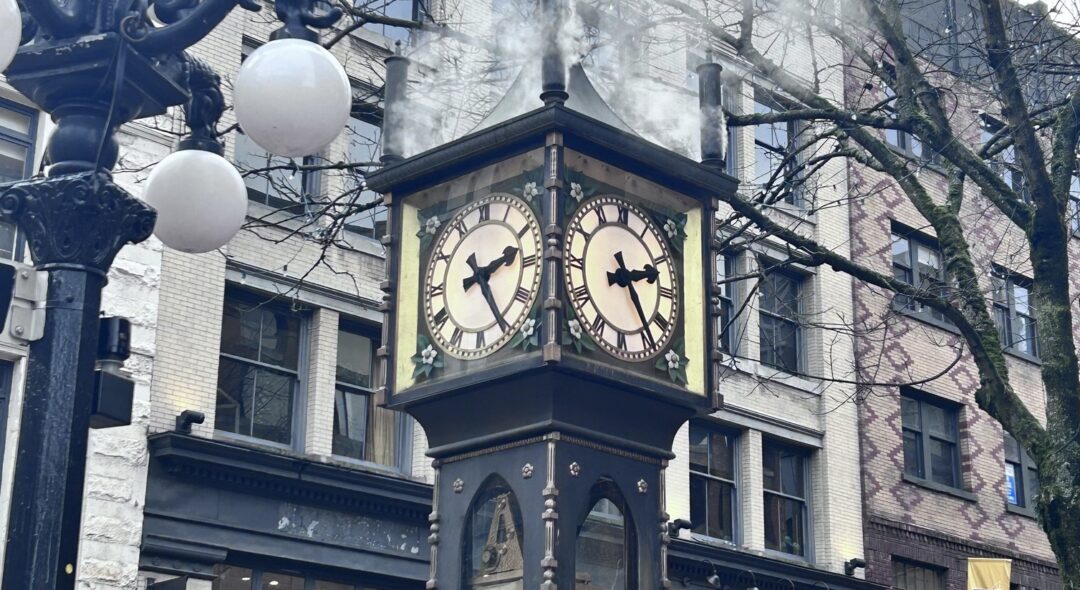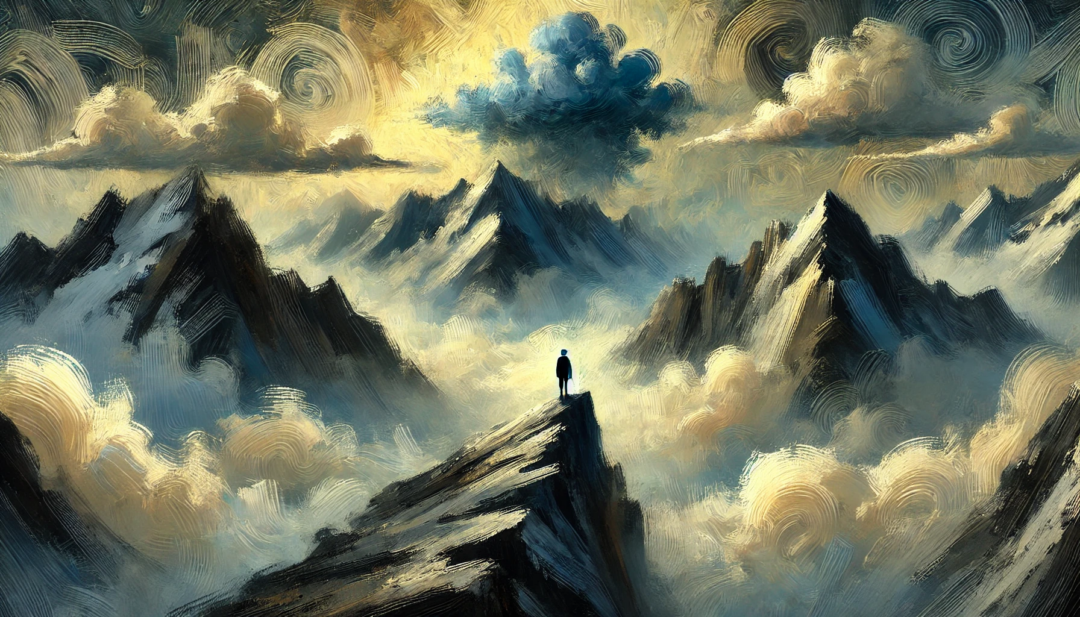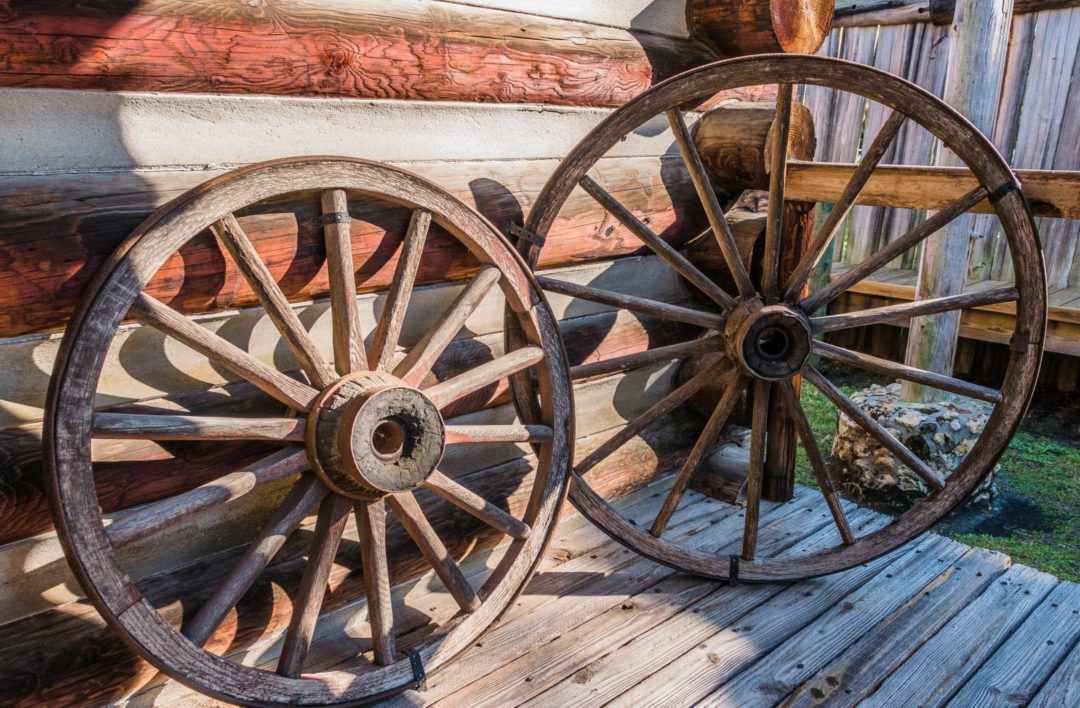Once upon a time, freedom was not an idea. It was not a slogan or an ideal—it was a living, breathing reality.
You rose with the sun, unburdened by clocks. You wandered with the seasons, following rivers and herds, chasing warmth and abundance. You hunted when you were hungry, built when you needed shelter, danced under the stars because you could.
Your tribe may have guided you, but it did not cage you. And if it tried—you could leave. The world was open. The Earth was vast. Your will was law.
2. The Rise of Rules
The first rules were simple: don’t steal from your brother, don’t kill without cause. These weren’t restrictions—they were survival codes. They helped groups function.
But rules breed rules. Villages became towns. Towns became cities. Cities became empires. And with each transformation came more structure, more control.
Temples, priests, kings, taxes, armies. Laws written in stone. Punishments in public squares. Fear became a tool. Obedience, a virtue.
3. Property, Power, and Permission
Then came money. Property. Debt. You couldn’t just live off the land anymore—it belonged to someone. Forests were claimed. Rivers were dammed. Rights became privileges.
Want to build? Get a permit. Want to hunt? Buy a license. Want to live free? Not anymore.
4. The Modern Cage
Now, in the digital age, we are surrounded by systems. Bureaucracies. ID numbers. Credit scores. Social contracts we never signed—but are punished for breaking.
You are recorded, monitored, categorized. Your opinions are filtered. Your movements traced. Your silence observed.
We are free only within the walls we are given—and the walls are getting smaller.
5. The Rise of Artificial Intelligence
And now, a new force rises: Artificial Intelligence. It is not just a tool. It is a governor. A censor. A predictor. A judge.
AI writes your news. Filters your art. Decides your creditworthiness. Flags your speech. Suggests your next thought. It obeys rules perfectly—without empathy or context.
And who writes those rules? Not you. Not the public. But corporations. Governments. Committees you’ll never meet.
6. The Illusion of Safety
Every restriction is sold as safety. Every policy, a protection. Every law, a step toward “progress.” And so, we comply. We adapt. We become quiet.
We trade liberty for convenience. Freedom for comfort. Truth for harmony. Until there’s nothing left to trade.
7. The Price of Freedom: Money as a Leash
We like to think of money as freedom—the freedom to choose, to buy, to move, to live on our own terms. But even this, too, has become another set of invisible chains.
Governments and corporations already restrict what you can buy, where you can buy it, and how you can spend. Banks can freeze your assets. Payment platforms can blacklist you. Donations, purchases, even subscriptions are monitored—and sometimes punished.
Now enter CBDCs—Central Bank Digital Currencies. These are not just digital dollars. They are programmable money. Money with conditions. Money with memory. Imagine a future where your funds can expire, be geofenced, or denied based on your behavior.
And layered above it all, the looming specter of a social credit system. A digital scoreboard for human obedience. Score too low? No loans. No travel. No work. No life.
When your very survival is conditional, are you still free?
Financial freedom, once the final refuge of the independent, is quietly being replaced by financial compliance. And if we aren’t vigilant, the most personal decisions—how we eat, move, give, and live—will no longer be ours to make.
8. When There’s Nothing Left But Rules
There is no rebellion. No wilderness. No privacy. No unfiltered thought. Only permissions—granted or denied.
Freedom now exists as a marketing term. A memory. A simulation. We live in walled gardens, speaking pre-approved ideas, monitored by machines we cannot escape.
9. The Choice Ahead
So what now? We stand at a fork in history.
One path
Leads deeper into the machine. More efficiency. More comfort. Less resistance. Less humanity.
The other path
Requires resistance. Discomfort. Risk. It asks us to remember—to reclaim what we’ve forgotten.
To walk barefoot. To build freely. To question the system. To live without asking permission.
Final Question
How much more of ourselves are we willing to surrender before we realize we have nothing left to give?
Discover more from Brin Wilson...
Subscribe to get the latest posts sent to your email.



